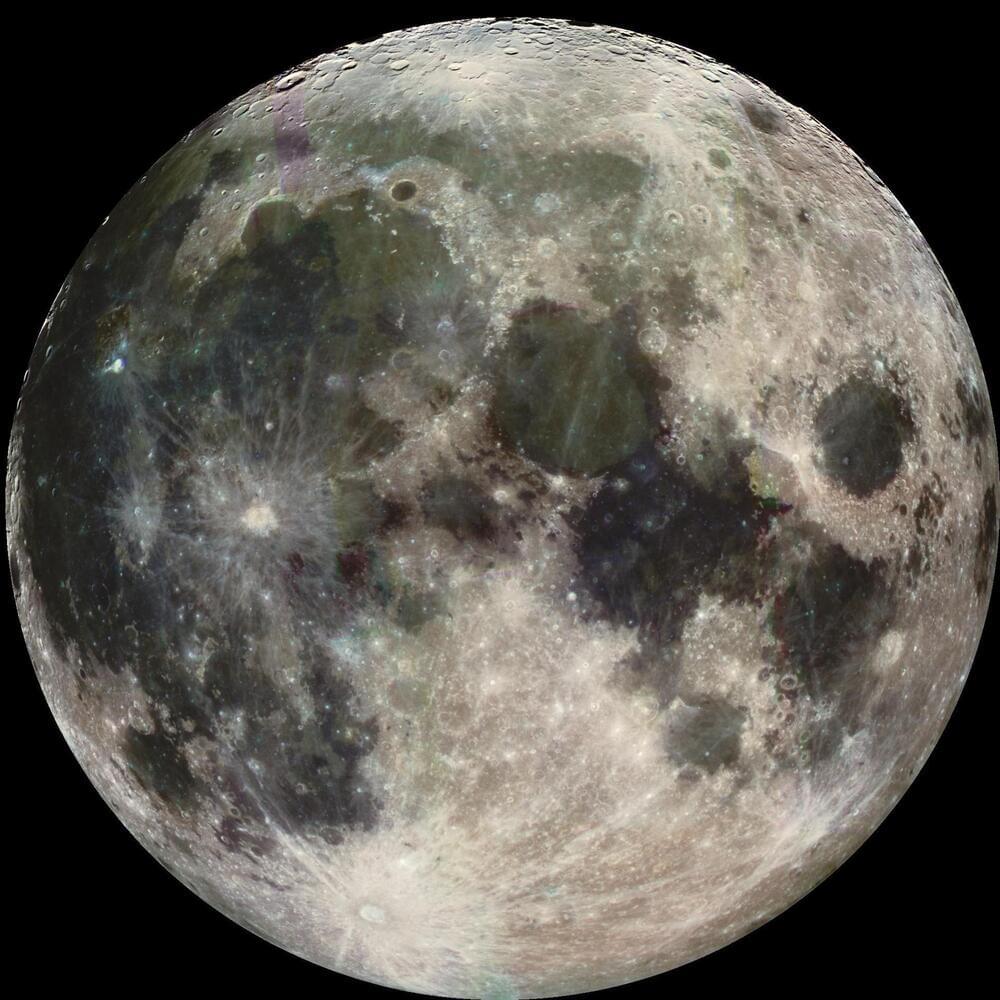Joe Louca: “Think of it like a realistic video game set on the Moon – we want to make sure the virtual version of moon dust behaves just like the actual thing, so that if we are using it to control a robot on the Moon, then it will behave as we expect.”
After Neil Armstrong took his first steps on the Moon, he said, “It’s almost like a powder”, as he described the lunar regolith, and astronauts on future Apollo missions found working on the lunar surface rather cumbersome and tedious due to the much finer lunar dust compared to Earth’s dirt. Therefore, what steps can be taken to better prepare future rovers and astronauts for NASA’s Artemis program to work on the lunar surface?
This is what a recent study published in Frontiers in Space Technologies hopes to address as a team of researchers led by the University of Bristol developed virtual models of lunar regolith simulants that could provide cost-effective methods to prepare astronauts and robots to work on the lunar surface, someday.
This study builds on an August 2023 study conducted by these same team members that explored the trust between teleoperated robots operating at long distances from Earth with their human controllers. The team found that the human controllers desired to train on increasing difficulty for operating their robots before working the real thing.
